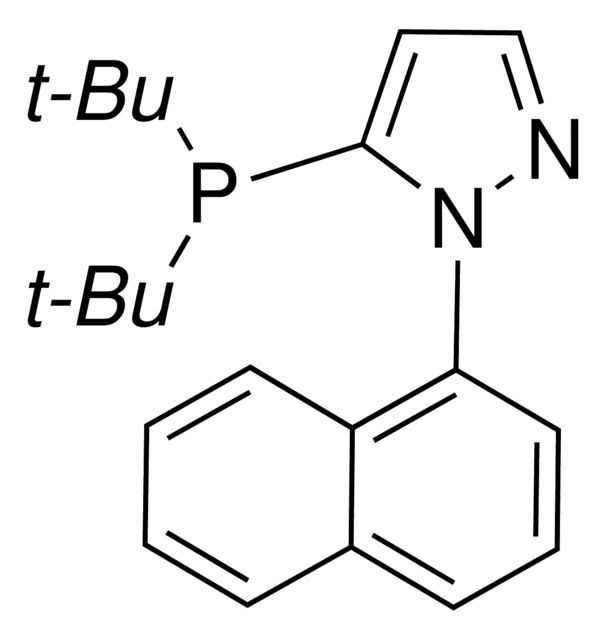Alkaline Phosphatase/ALPP Antibody (SPM593) - Azide and BSA Free, Novus Biologicals™
Mouse Monoclonal Antibody
Manufacturer: Fischer Scientific
The price for this product is unavailable. Please request a quote
Antigen
Alkaline Phosphatase/ALPP
Concentration
1.0 mg/mL
Applications
Flow Cytometry, Immunohistochemistry (Paraffin), Immunofluorescence, CyTOF
Conjugate
Unconjugated
Host Species
Mouse
Research Discipline
Cancer, Embryonic Stem Cell Markers, Ovarian Carcinoma Cell Markers, Stem Cell Markers
Formulation
PBS with No Preservative
Gene ID (Entrez)
250
Immunogen
Recombinant full-length human ALPP protein
Primary or Secondary
Primary
Content And Storage
Store at 4C short term. Aliquot and store at -20C long term. Avoid freeze-thaw cycles.
Molecular Weight of Antigen
70 kDa
Clone
SPM593
Dilution
Flow Cytometry : 0.5 - 1 ug/million cells in 0.1 ml, Immunohistochemistry-Paraffin : 0.25 - 0.5 ug/ml, Immunofluorescence : 0.5 - 1.0 ug/ml, CyTOF-ready
Classification
Monoclonal
Form
Purified
Regulatory Status
RUO
Target Species
Human
Gene Alias
Alkaline phosphatase Regan isozyme, alkaline phosphatase, placental, alkaline phosphatase, placental (Regan isozyme), alkaline phosphatase, placental type, alkaline phosphomonoesterase, ALP, EC 3.1.3.1, FLJ61142, glycerophosphatase, PALP, Placental alkaline phosphatase 1, PLAP, PLAP-1, Regan isozyme
Gene Symbols
ALPP
Isotype
IgG2b κ
Purification Method
Protein A or G purified
Test Specificity
Reacts with a 70kDa membrane-bound isozyme (Regan and Nagao type) of Placental Alkaline Phosphatase (PLAP) occurring in the placenta during the 3rd trimester of gestation. It is highly specific for PLAP and shows no cross-reaction with other isozymes of alkaline phosphatase. Anti-PLAP reacts with germ cell tumors and can discriminate between these and other neoplasms. Somatic neoplasms e.g. breast, gastrointestinal, prostatic, and urinary cancers may also immunoreact with antibodies to PLAP. Anti-PLAP positivity in conjunction with anti-keratin negativity favors seminoma over carcinoma. Germ cell tumors are usually anti-keratin positive, but they regularly fail to stain with anti-EMA, whereas most carcinomas stain with anti-EMA. Anti-PLAP has been useful in the diagnosis of gestational trophoblastic disease
Description
- Alkaline Phosphatase/ALPP Monoclonal specifically detects Alkaline Phosphatase/ALPP in Human samples
- It is validated for Flow Cytometry, Immunohistochemistry, Immunocytochemistry/Immunofluorescence, Immunohistochemistry-Paraffin, Immunofluorescence, CyTOF-ready.

